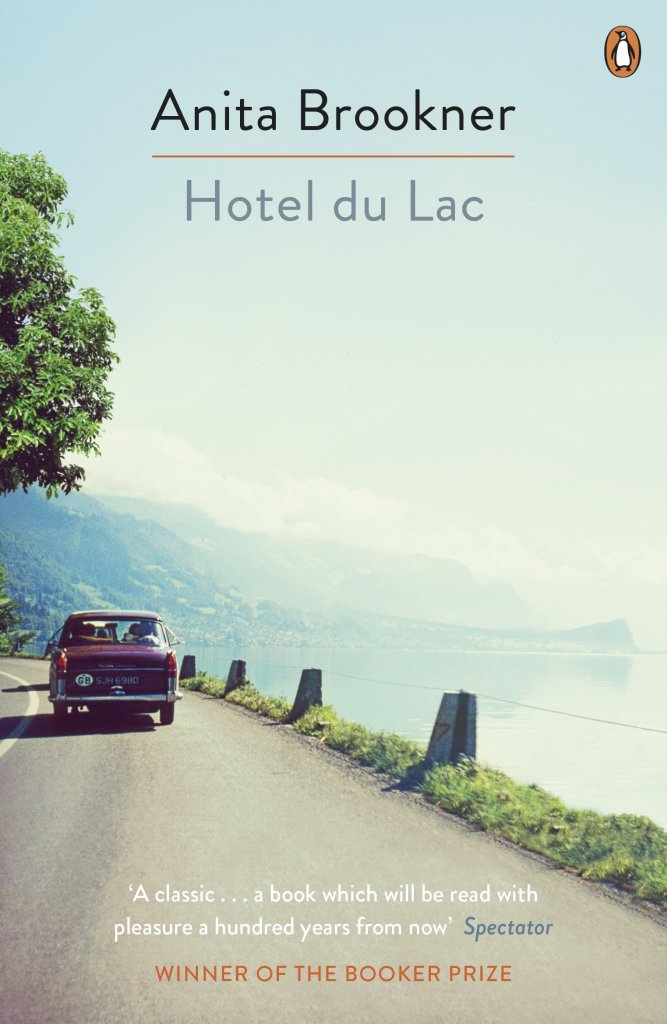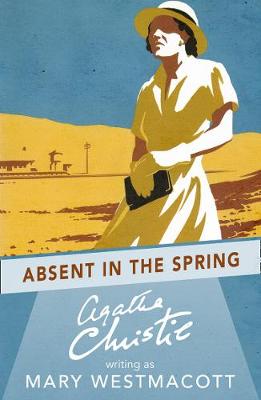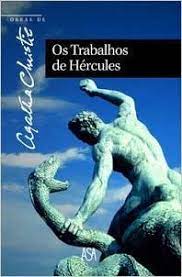Like many fans, I discovered Agatha Christie’s books as a teenager, when I was finding engaging novels to read independently. They contained mystery, suspense, and big characters. There were also around seventy novels to read, which mirrored the patterns of the collections I’d just grown out of, such as Enid Blyton and Richmal Crompton, who wrote more books than any child could read.
To begin with I read tattered paperbacks from my parents’ bookshelves, such as The Listerdale Mystery and Crooked House, then I borrowed or bought the famous ones: Murder on the Orient Express, Death on the Nile, And Then There Were None. None of her books were too long, all of them were easy to read. They took place in the world of steam train engines, remote islands, luxury cruise ships, and picturesque villages. In this respect, they weren’t unlike the adventure stories I had not long grown out of.
One Sunday, I remember overhearing a family friend over the meal table remark that Agatha Christie books were “okay for teenagers, but you grow out of them”. It was probably an expression of the common snobbery towards genre fiction, and the belief that any formative reading was just a stepping stone towards reading and understanding Ulysses or The Brothers Karamazov.
And yet, years later, I still haven’t grown out of reading Agatha Christie.
My reading is wide and varied, from classic fiction to epic poems, from spirituality to psychology. However, I always go back to the crime genre and to Agatha Christie. I still love those classic elements of drama, suspense, and mystery. In Agatha Christie’s books we get them in concentrated doses, alongside the quality of the great illusion, as we wait for the big reveal and find out how we’ve been tricked by misdirection and red herrings.
Drama
The drama element of Agatha Christie’s books sometimes gets lost in her reputation for crime and mystery. Take, for example, Sad Cypress, in which an engagement is threatened by a woman’s past, and there isn’t a murder, or an appearance from Poirot, until halfway through the book. Similarly, Towards Zero offers an intriguing personal problem: should Nevile Strange and his new wife take a holiday at the house of a family friend, knowing that his estranged ex-wife is there. And once it seems clear that the holiday will go ahead, the other guests are trying to work out whose idea it was and who will gain from such an awkward house party. Again, there is no crime until halfway through the book, but Christie handles emotional, human drama very well.

In Anita Brookner’s classic Booker-winning novel Hotel du Lac, a woman stays at a hotel by a Swiss lake after a personal crisis. In this picturesque setting, the protagonist observes the daily habits of her fellow guests, getting clues as to who they are and why they’re there. It struck me as I read it that it’s almost an Agatha Christie set-up. Personal crises, foreign hotels, strangers thrown together, all of these are classic Christie ingredients. The difference is that Brookner channelled this into a literary novel, and Christie used such details as part of the physical and emotional landscape for crime stories.

As well as crime novels, Agatha Christie wrote a series of novels under the name of Mary Westmacott. Those that I’ve read are probably best described as family dramas. I found Absent in the Spring to be intriguing, with its middle-eastern setting and its tangled family relationships. It was, in many ways, a classic Christie novel, just without the murder. The denouement was focused on a woman’s relationships with her children and husband. Or, to put it another way, the book’s final revelation was emotional, not criminal.
Languages

When I decided to learn Portuguese, I chose an Agatha Christie book to be the first Portuguese language book I read. Why? Because it was the perfect mix of the unfamiliar – the Portuguese language – and the familiar: the settings, plots and characters of the Poirot short stories. The book was The Labours of Hércules (Os Trabalhos de Hércules), and I still remember the little bookshop in Porto where I bought it.

In my (off and on) attempts to learn French I’ve read some of the Agatha Christie bande dessinee adaptations. Many of these aren’t available in English, but reflect the popularity of BD books in France and Belgium, as well as the universal and enduring appeal of Agatha Christie. I would actually recommend Agatha Christie fans use their enthusiasm and knowledge of the books if they are trying to learn a new language.
Literary Value
Agatha Christie’s books are uneven, without a doubt. You can read one of the best ones, then move in to one of the weaker ones and wonder why a writer capable of writing one has written such a poor book as the other. Perhaps this is what comes of writing so many books.
I remember reading The Secret of Chimneys and laughing out loud at the Wodhousian dialogue and characterizations. It was sharp, funny, and the plot was tight. In contrast, other books (such as Murder is Easy, or The Clocks) come across as wooden and humourless. Sometimes her books are sparkling and well-observed, while others are clumsy and lifeless.
No doubt there are literary critics and authors (published or unpublished) who resent the inexplicable success of Agatha Christie, just as there was an inevitable backlash against J.K. Rowling. I say ‘inexplicable’ because there are wonderful writers out there who are overlooked or forgotten, like Ngaio Marsh, Margery Allingham or John Dickson Carr. Allingham is a better prose writer than Christie, and many of Christie’s contemporaries are more consistent in quality. But Christie has an X factor, as many successful writers do.
I recently read Towards Zero for the first time, and I thought it was very good. There are still a handful of Christie books I’ve not read, but not many. I’ll ration them, because at some point I’ll run out. I’ve tried reading some of her contemporaries, like Ngaio Marsh and Margery Allingham, but the books didn’t have the appeal. There is still something of an enigma to Christie’s appeal and success, that even her most famous detectives would struggle to solve.
I just started reading Agatha Christie, so… 😅
LikeLike